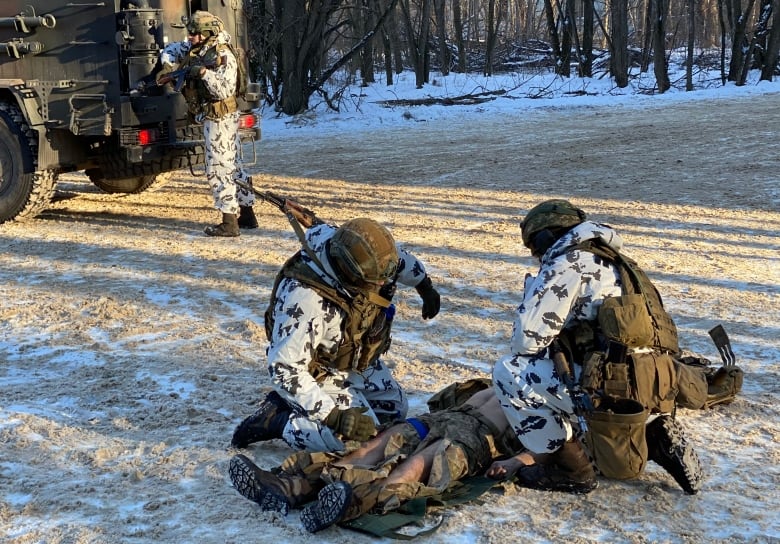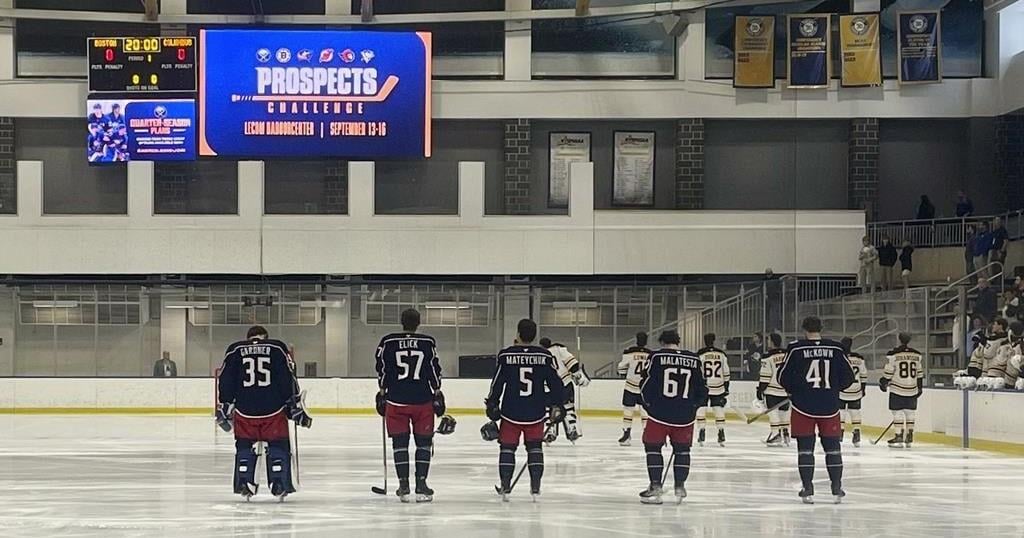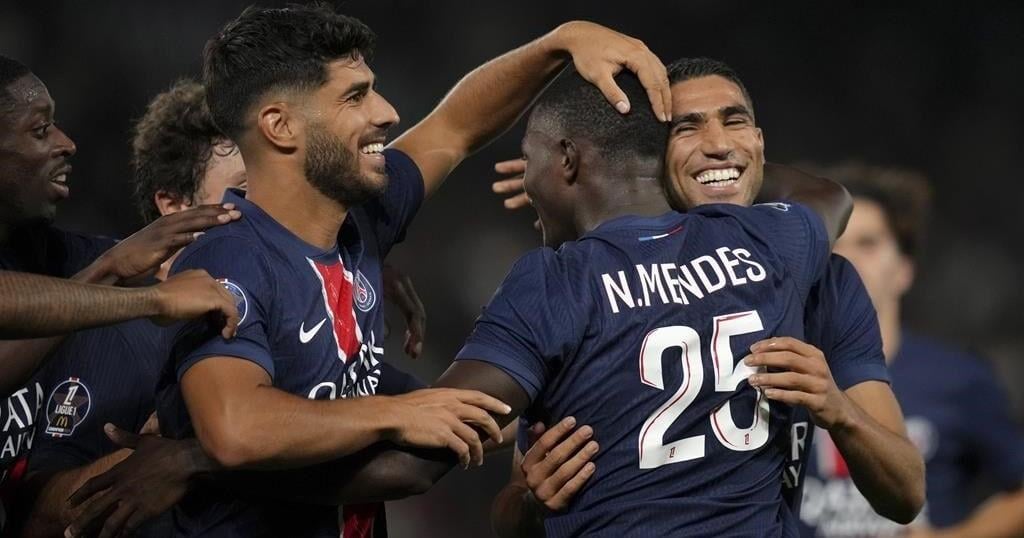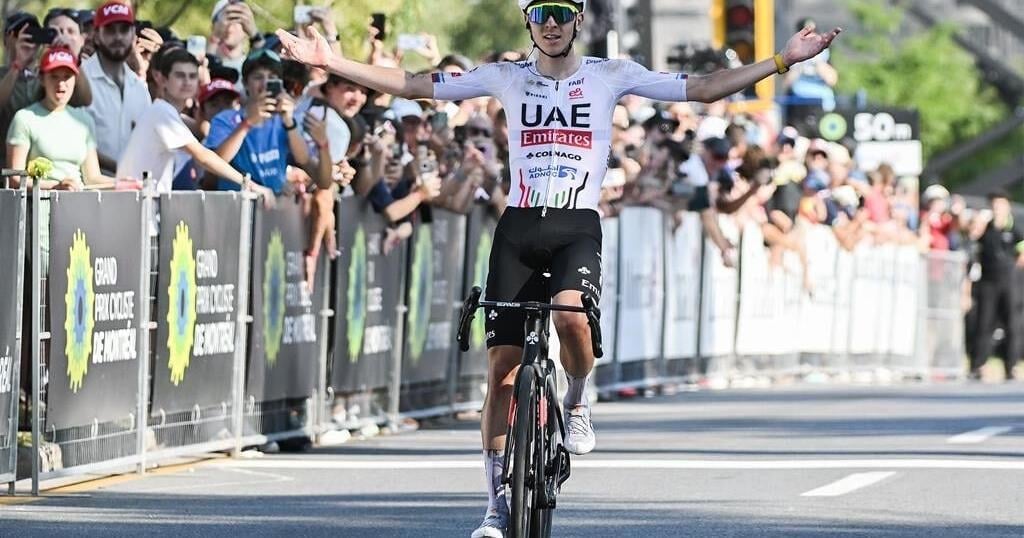BUFFALO, N.Y. (AP) — Hearing the familiar sounds of clacking sticks and pucks banging off the boards and glass while watching Columbus Blue Jackets prospects from the stands of a cold rink on a warm late-summer afternoon was not enough to wash away the lingering residuals of grief for Don Waddell on Saturday.
That, the Blue Jackets’ general manager acknowledged, will take more time than anyone can guess — weeks, months, perhaps an entire season and beyond.
What mattered is how spending the weekend attending the Sabres Prospects Challenge represented a start to what Waddell called among the first steps in refocusing on hockey and the future in the aftermath of the deaths of Columbus star Johnny Gaudreau and his brother, Matthew, who were struck by a suspected drunken driver while riding bicycles on Aug 29.
“We got to play hockey,” Waddell said. “We’re not going to forget about Johnny and his family, the Gaudreau family.”
He then reflected on the speech Johnny Gaudreau’s wife, Meredith, made during the brothers’ funeral on Monday, by urging those in mourning to move forward as she will while focusing on raising their children.
“Everybody knows that Johnny wants them to play hockey,” Waddell said. “And everybody’s rallying around that.”
The resumption of hockey in Columbus began last week, when most Blue Jackets players returned to their facility to be together and lean on each other at the urging of Waddell and team captain Boone Jenner. And it will continue on Thursday, when the team opens training camp, exactly three weeks since the Gaudreaus were killed.
“Tragic. Senseless. But now we got to focus on trying to get our team ready to play hockey this year,” Waddell said. “We all mourn and heal differently, but I think as a team being together like that is going to be critical for them to get moving forward.”
Tragedy is no stranger to Waddell or the Blue Jackets.
Waddell was general manager of the then-Atlanta Thrashers in 2003 when Dany Heatley lost control of his car and struck a wall, with the crash killing passenger and teammate Dan Snyder. In 2021, Blue Jackets goalie Matiss Kivlenieks died during a July Fourth fireworks accident.
Waddell placed the emphasis on himself and coach Dean Evason — both newcomers to Columbus this offseason — to guide the team through what will be an emotional season.
“Now, do I think there’s going to be some dark days? I won’t be surprised,” Waddell said.
Reminders of the Gaudreaus’ deaths remain apparent, and reflected in Buffalo on Friday night. A moment of silence was held in tribute to the brothers before the opening faceoff of a game between the Blue Jackets and Sabres.
Afterward, Columbus prospect Gavin Brindley recalled the times he spent with Johnny Gaudreau in Columbus and as teammates representing the United States at the world hockey championships in the Czech Republic in May.
“He was one of the biggest mentors for me at the world championships,” Brindley said. “I couldn’t tell you how many times we hung out with Meredith, pictures on my phone. It’s just so hard to look back and see that kind of stuff.”
The NHL and NHL Players’ Association are providing the Blue Jackets help in the form of grief counseling, crowd security at vigils and addressing hockey issues, such as potentially altering the league’s salary cap rules to provide Columbus relief from having to reach the NHL minimum payroll because of the void left by Gaudreau’s contract.
“The Blue Jackets, I don’t think anybody’s focused from an organizational standpoint, from a hockey standpoint as to what comes next, because I think everybody’s still in shock,” NHL Commissioner Gary Bettman told The Associated Press last week. “I don’t think anybody’s focused right now other than on the grieving part, which is understandable.”
Much of the burden has fallen to Waddell, who has been in discussions with the NHL and the NHLPA and dealing with outreach programs with the Blue Jackets’ partner OhioHealth, while also overseeing preparations for training camp and gauging his prospects in Buffalo.
There’s also his roster to attend to, which he said has two openings at forward, one involving Justin Danforth, who may miss the start of the season because of a wrist injury. Waddell didn’t have to mention the second opening.
Tiring and emotional as it’s been, Waddell found comfort being in his element, a rink, and looking ahead to the start of training camp.
“The guys are in really good shape. We’ve done a lot of testing already and they’re eager to get going,” Waddell said. “We have a reason to play for. And we’ll make the best of it.”
The Blue Jackets later Sunday signed veteran winger James van Riemsdyk to a one-year contract worth $900,000.
“James van Riemsdyk has been a very consistent, productive player throughout his career,” Waddell said. “Bringing him to Columbus will not only provide depth to our group up front, but also valuable leadership and another veteran presence in our dressing room.”
___
AP Hockey Writer Stephen Whyno in New York contributed to this report.
___





























